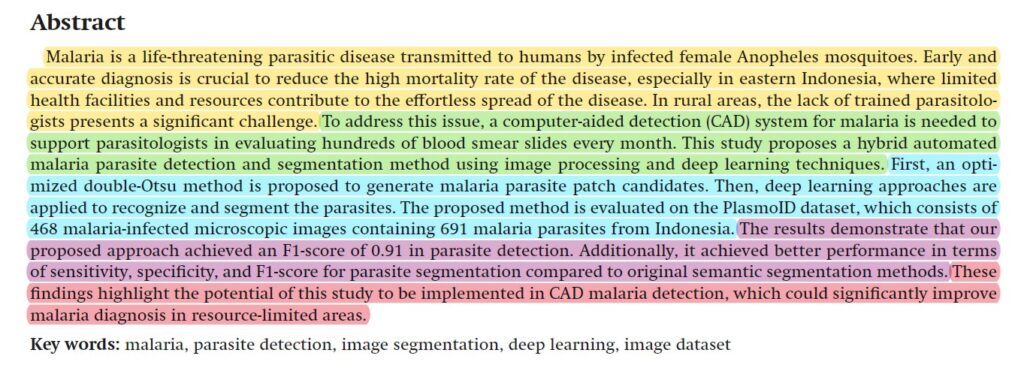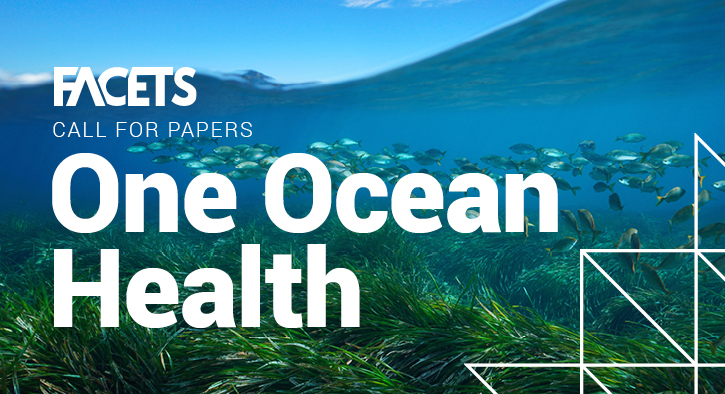The painful truth: no matter how fantastic your research is, there is a good chance that most people who come across it will only read your abstract. Ouch.
“People scan abstracts when they’re looking for papers to read,” says Dr. Cecile Badenhorst, Assistant Professor at Memorial University of Newfoundland and Labrador and author of several books on academic writing. “Readers will skip over articles if the abstracts are not attractive to them.” It’s therefore important that your abstract contains a clear, focused description of your study that highlights the information most relevant to readers.
Then there is the issue of access. “Abstracts are the only reliably open-access component of most peer-reviewed science right now,” says Dr. Bethann Merkle, a subject editor (science communication) for FACETS. “Researchers should view abstracts as one of the leading edges of open science initiatives and a critical part of efforts to do and share science that are more broadly accessible, useable… and hopefully more inclusive.”
With abstracts playing such an important role in promoting the discoverability and accessibility of your research, it’s worth giving them extra attention. Here are some tips that will help you create a great abstract.






